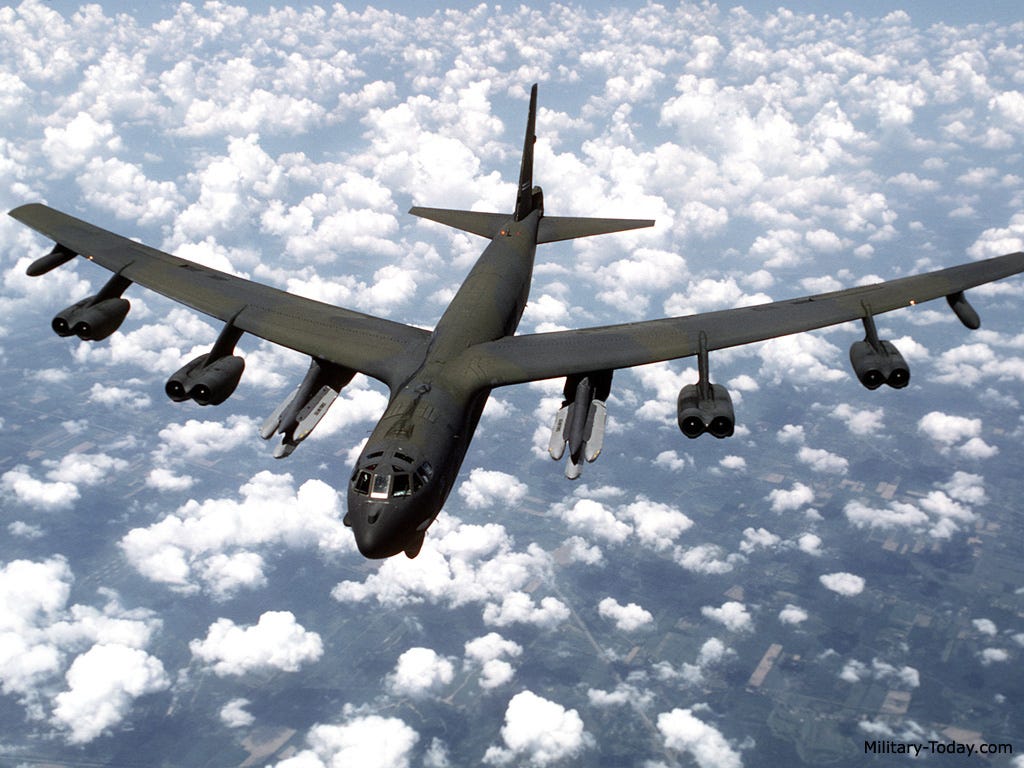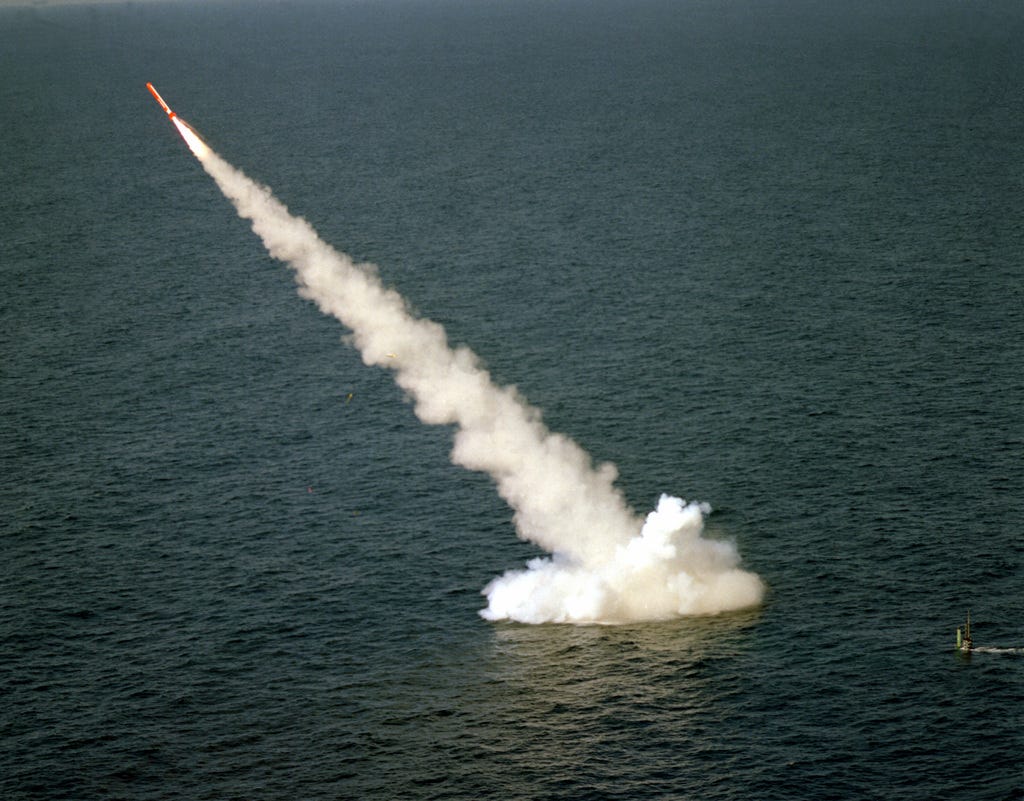As the sun sets here at the Winter Solstice of 2023, I would like to draw attention yet again to what, in my estimation, is one of the most strategically significant battlefield humiliations inflicted upon NATO over the course of the Ukraine War: the progressively comprehensive defeat of their precision-guided strike missile inventory — ATACMS, HARMS, JDAMS, GMLRS fired from HIMARS, cruise missiles (Storm Shadow and SCALP).
The Russians have demonstrated that they can routinely shoot down ANY species of strike missile the US/NATO can field against them — not all of them all of the time, but most of them most of the time.
And they get better and better at it as time goes on.
Indeed, over the past few months it is increasingly becoming "all of them most of the time".
As Russian Defense Minister Sergei Shoigu reported earlier this week:
"We are using air defence systems in a comprehensive manner during the special military operation. This significantly improved their responsiveness and strike range. Over the last six months, we have shot down 1,062 of NATO’s HIMARS rockets, short-range and cruise missiles, and guided bombs."
No other military on the planet has previously attested this level of capability. The US does not have it, and is at least a decade away from developing it.
And, it is important to bear in mind that the precision-guided systems the US and its NATO allies have provided for Ukraine are representative of the best their own militaries could deploy in a conflict with Russia.
The current front-line inventory of US tactical ballistic missiles and sea- and air-launched cruise missiles would present no greater technical challenge for Russian air defenses than what they have already seen and defeated in the Ukraine War.
The significance of this battlefield development defies exaggeration. It alters the war-fighting calculus that has been assumed for many decades.
Against Russia at least, the Pentagon must know that the success of a large conventional strike missile package is far from assured. There is no doubt some damaging hits would be inflicted, but Russian retaliatory capacity would not be appreciably affected, and the subsequent Russian counterstrike against NATO targets would be devastating — for the simple reason that US/NATO air defenses are not even remotely as effective as their Russian counterparts. In fact, they are rookie league in comparison. They would be as utterly befuddled as was the Patriot system in Kiev the night the Russians launched a very modest attack against it.
It would also be logical to assume that China, if not as fully proficient as Russia in every respect, is very likely not far behind.
It is also increasingly apparent that Iran has made great strides in the same direction.
As I have noted repeatedly in recent months: for the declining empire and its decrepit vassals, there are no easy wars left to fight.



